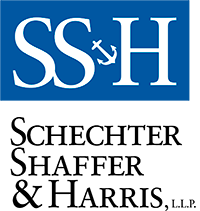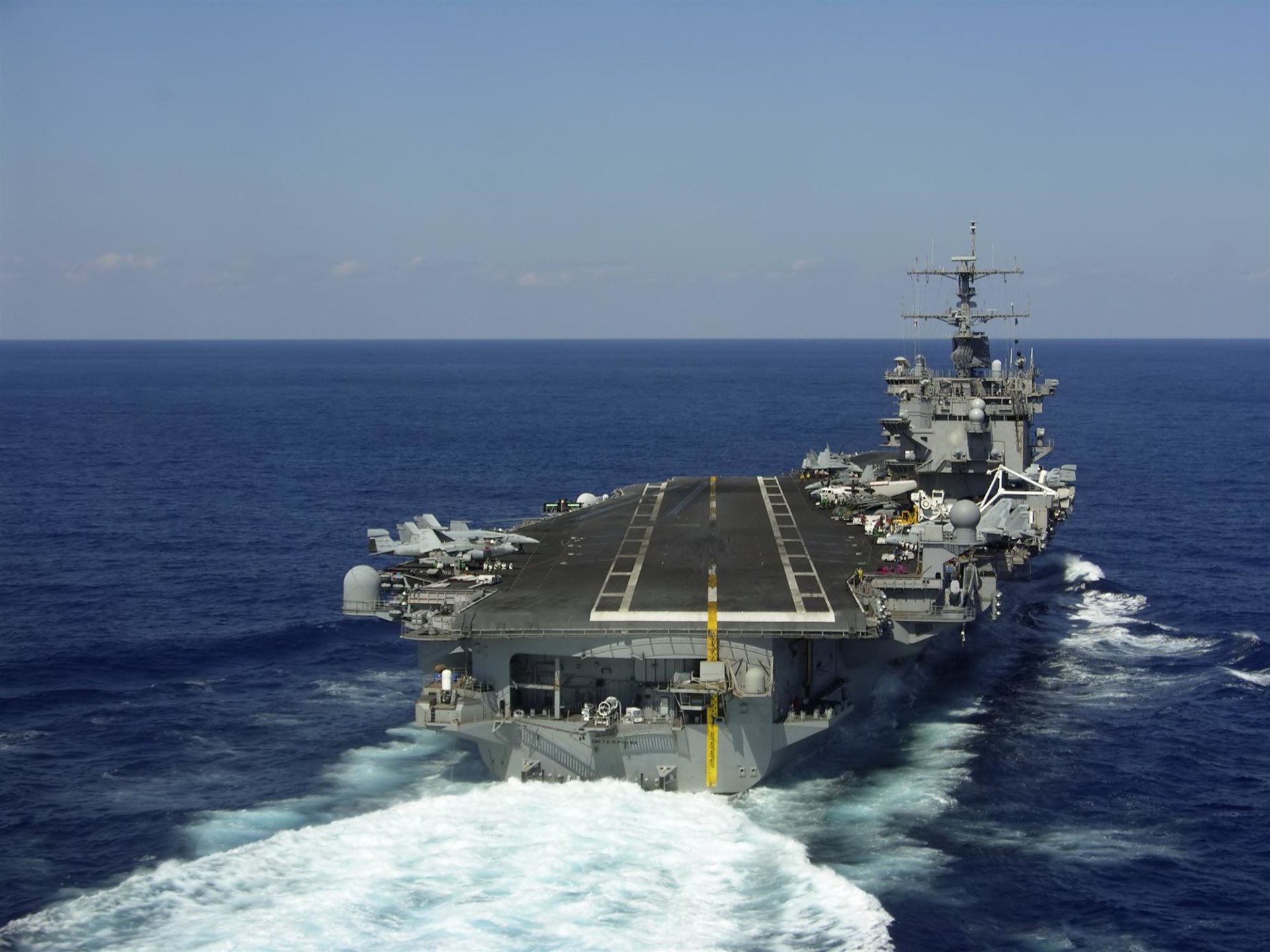
Blog
How Does Maritime Law Enforcement Work in International Waters?
Posted in Maritime Piracy
Maritime law enforcement and the laws of the seas are regulated by a number of different countries. In addition, there are several international agreements for extending laws to international waters. International waters—or the high seas—make up a large portion of the waters found on earth.
While some people might believe they are free from any laws when on the high seas, they are not. There are several global agreements in places, as well as UNCLOS (United Nations Convention on the Law of the Sea). These laws help define specific areas of navigable waters and which maritime laws will apply.
Navigable waters can be broken down into several different jurisdictional areas, as follows:
Internal Waters
Internal waters are ship ports, rivers, bays, lakes, and streams that are found within the boundaries of a country. The laws of that country apply to any vessel, regardless of where it is registered while navigating on these waters. For instance, when a ship is docked in the Port of New York, all New York and U.S. laws apply to the vessel, its crew, and its passengers.
Territorial Waters
Territorial waters are those that are within twelve miles from a country’s coast. Practically all maritime laws of that nation apply, regardless of a ship’s registry. So, if a maritime worker were to have an accident onboard, they would be able to seek compensation for their injuries with help from a maritime injury law firm under applicable laws of that country.
Contiguous Zone Surface Waters
These waters are those that extend from twelve miles, up to twenty-four miles, off a country’s coast. In these waters, a country has limited jurisdiction. These laws can be extended to a vessel, its crew, and any passengers on board. However, they only apply to the surface waters, not underground waters.
Continental Shelf Underground Waters
These waters apply to the land on the bottom of the seas that extend out from a country. The underground waters and land are protected under a nation’s laws. These laws are the same as those used for territorial waters.
Continental Shelf Surface Waters
The Continental Shelf surface waters have limited restrictions, similar to the Contiguous Zone surface waters. In some cases, the territorial waters laws of that country would apply. In others, the Contiguous Zone laws of the country or the laws of the country where the ship was registered could apply.
Exclusive Economic Zone Waters
These waters are afforded specific protections as allowed under the UNCLOS. A country has specific rights over the research, exploration, and acquisition of marine and natural resources, like oil. This zone extends out 200 miles from the coastline of the country, although the surface waters beyond the Contiguous Zone would be considered international waters.
Extended Continental Shelf Surface Waters/Underground Waters
These waters cover a twelve-mile area that begins at the baseline of a nation’s coast. It can include both territorial and Contiguous Zone waters. Where an accident or incident occurred would determine what laws would be applicable.
International Surface Waters
For vessels in international waters, no nation holds sovereignty over the seas. Rather, the laws of the country where the ship is registered would apply. So, if the ship is registered to the United Kingdom, then the laws of the U.K. would apply.
International Underground/Seabed Waters
The International Seabed Authority (ISA) regulates the laws in international underground and seabed waters. Their regulation is limited to research and exploration, including that for the purpose of natural resources. In cases where an accident or another incident would occur not related to ISA regulations, the laws of the country where the vessel is registered would apply.
Who Has Legal Jurisdiction over International Waters?
No one country has legal jurisdiction over international waters. The UNCLOS prescribes how offenses are handled in regards to what nation’s laws would apply. However, many nations have what is referred to as “Special Maritime and Territorial Jurisdiction” clauses, which give them certain rates to claim jurisdiction. This means that there are certain situations where a nation can exert its laws over international waters.
For instance, if a United States citizen committed a crime and attempted to flee the country on board a ship registered to China, the U.S. could exert its “Special Maritime and Territorial Jurisdiction” in order to board the vessel while it is in international waters and remove the U.S. citizen.
What if a Vessel Is Not Flying a Flag of Any Country?
Even if a vessel is not flying a flag, it does not mean it is immune. The vessel should still be registered to a country somewhere in the world. If the vessel is operating legally, then the laws of the country where it is registered would apply in most cases.
Additionally, if a vessel is not flying a flag of any country, it is still subject to certain universal international laws applied to the high seas. The vessel can be subject to any nation’s laws and could potentially be boarded—legally—by any country which suspects the vessel is attempting to hide certain activities or operate outside internationally accepted laws.
What Happens When a Personal Injury Accident Occurs in International Waters?
If a vessel’s workers or passengers are injured while onboard and in international waters, then the personal injury laws of the ship’s registered nation typically apply. For example, if a crew worker is injured when an overhead cable snaps and hits them, they are eligible for compensation as afforded by the nation the ship is registered with.
If the vessel is registered in the United States, then personal injury laws as prescribed under the Jones Act might apply. In other cases, a number of other maritime laws or acts could provide compensation for personal injuries if they do not fall under the Jones Act.
In cases where U.S. maritime workers are onboard a foreign-registered vessel, they could still have certain rights under U.S. maritime laws and acts. In other situations, they could be protected by maritime laws of the nation where the foreign ship is registered.
However, this is not always the case. Some countries have rather limited maritime laws, maritime workers’ protections, working condition regulations, and other such things typically found in the United States. Working on a vessel in a country with limited protections could make it more difficult to seek compensation for personal injuries and/or may limit the amount of compensation provided.
Why You Need to Hire a Maritime Accident Attorney
If you or a loved one are injured while on board a vessel, no matter which waters the ship was in, it is in your best interest to consult with a maritime accident attorney as soon as possible. Depending on which maritime laws and acts apply to your case, there can be specific deadlines you must satisfy in order to be able to file a claim.
In cases where you need to file your claim against a foreign employer, where a foreign country’s maritime laws could take effect, it is still better to get assistance from an offshore accident lawyer. It is not uncommon for a ship to be owned by a company in one country while it is registered in another.
For instance, a major petroleum company could be based out of the United States, but may register its ships in the Bahamas. This can further complicate claims for personal injuries when they occur in international waters. Do you file the claim against the employer using U.S. laws or Bahamian laws? A maritime injury attorney can answer your questions and guide you through the next steps.
For further information about maritime law enforcement for accidents and injuries in international waters, as well as internal, territorial or other waters, please feel free to contact Maintenance and Cure, part of Schechter, Shaffer & Harris, L.L.P., by calling 1-800-836-5830 today!















